Baltimore Rehab Resources for Drug & Alcohol Use
Learn about our drug & alcohol rehabs in Baltimore, MD that offer addiction treatment for teens and young adults. Call our helpful admissions team today.
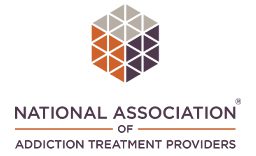



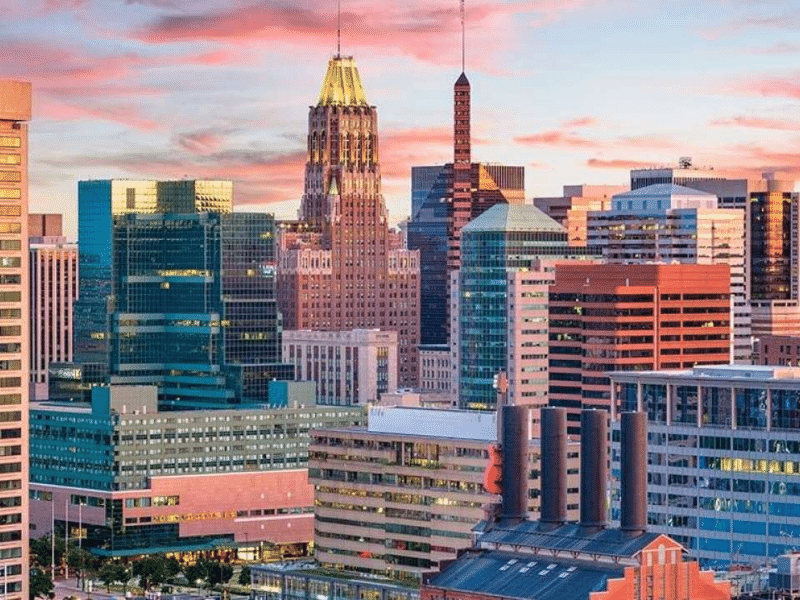
When thinking of Baltimore, a city with so much beauty and American history, addiction is probably not the first thing that comes to mind. Like any community, Baltimore has its own set of unique challenges.
As you begin the process of searching for the best treatment program for yourself or a loved one, there are a lot of factors to consider. You don’t need to travel out of state to get high quality treatment as you can find a great rehab in Baltimore and there are many options throughout Maryland.
Determining what level of care is necessary can be extremely overwhelming. Talking to a knowledgeable treatment and mental health professional can help assess your needs, and guide you to resources that would be best for you. Our team is here to help you make the right choice. Reach out today to learn about Baltimore addiction treatment options.
About 40 miles from Baltimore sits our Rockville office. This is where our IOP & PHP programs take place as well as our clinical assessments and parent support group.
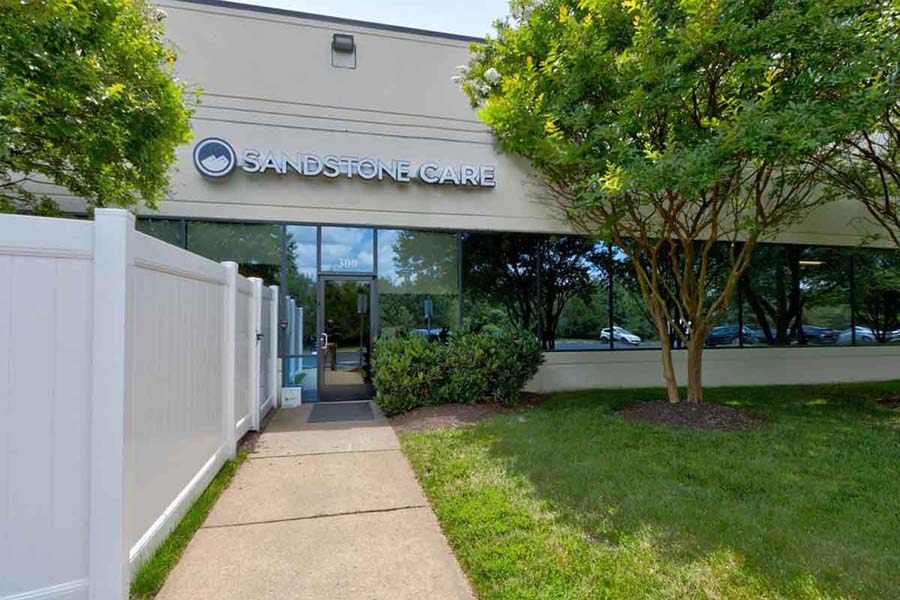
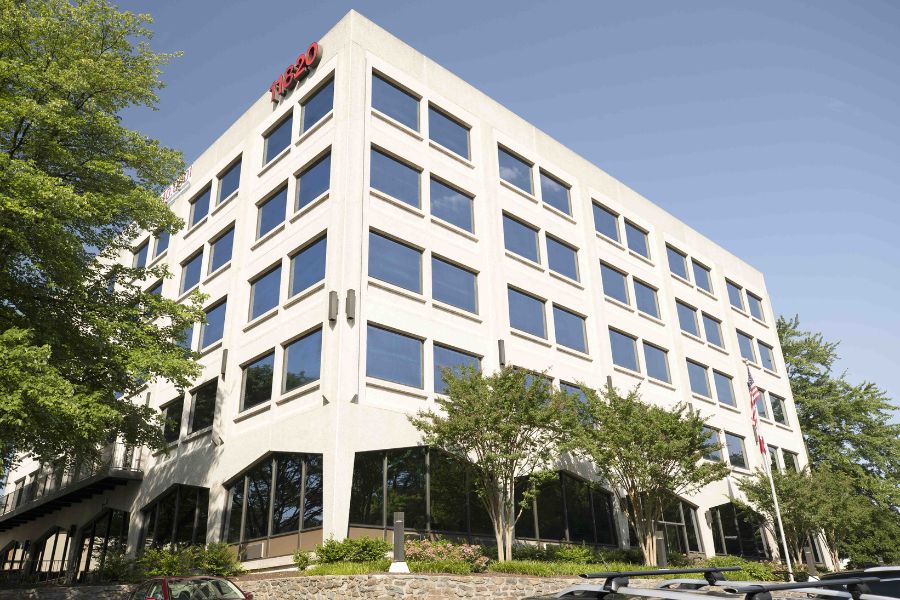
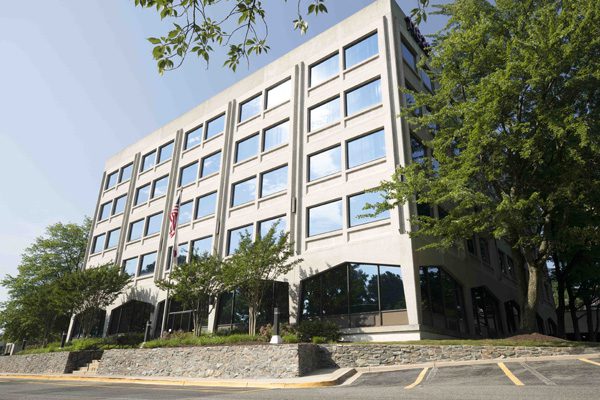
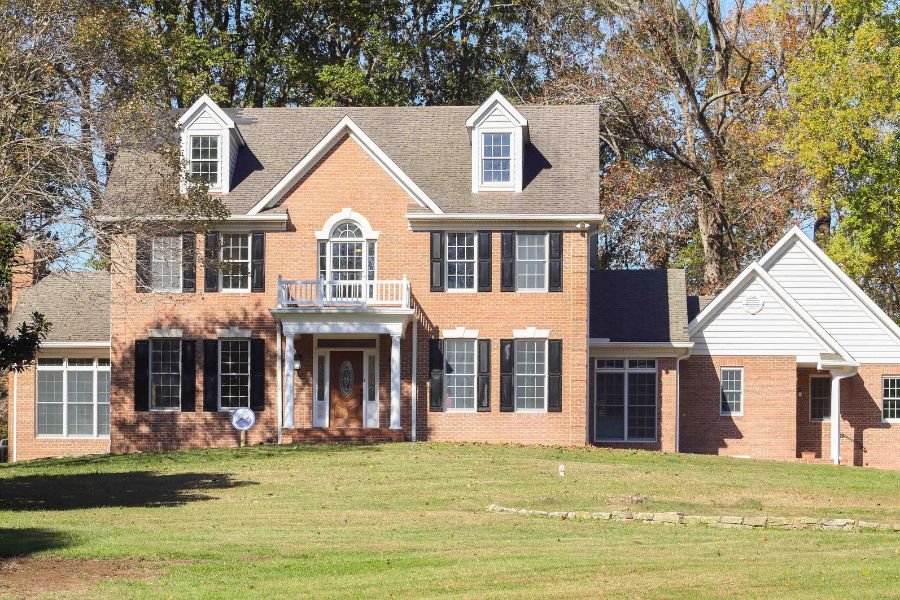
2020 Martins Grant Ct., Crownsville, Maryland, 21032
(888) 850-1890
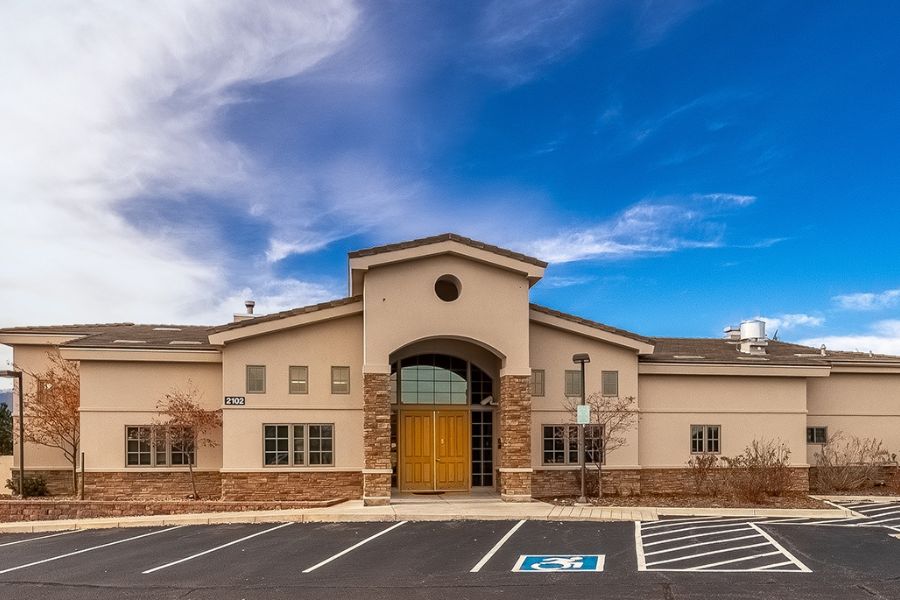
2102 University Park Blvd, Colorado Springs, Colorado, 80918
(888) 850-1890The Continuum of Care
Access a full range of treatments for mental health and substance use disorders. Whether you need a safe transitional living program, inpatient care, or outpatient treatment, we have a program to help.
The Right Program: A detailed interview and assessment process with a clinical professional is important when exploring rehabs in Baltimore. Look for an organization that assesses physical and mental health, as well as qualifications for your loved one’s specific needs. Make sure the organization you’re considering has skilled experience with the challenges your loved one is facing.
If the organization isn’t right for your substance abuse treatment, ask if they have referrals for a more appropriate fit.
Professional Team: Look for a licensed, experienced organization that focuses on a team-oriented approach, working together to support each client and their family. Find a team that includes individual and family therapists, substance abuse counselors, psychiatrists, and dietitians.
A highly credentialed team taking a holistic approach to care is critical to achieving successful outcomes from substance abuse and addiction treatments.
Safety: An organization that focuses on participant safety, both physical and emotional is paramount when choosing a Baltimore addiction treatment program. Many people will discover through the treatment process that abstinence from all substances is the best choice for them. Through this journey, it is important to support participants in staying safe and reducing harm.
Find a support system you trust to aid your substance abuse and addiction treatment.
Mental Health and Trauma Training: Drug abuse and addiction generally co-occur with a mental health or trauma experience. It is important that a treatment program has the ability to treat not only substance abuse but also underlying mental health concerns and trauma.
Ideally, a program would have a psychiatrist on staff, and staff trained in trauma-informed care. A good support system believes recovery and healing are two sides of the same coin, and both are necessary for long-lasting success.
An Individualized Program: An organization that tailors the experience to the individual and their unique needs. Find a Baltimore rehab team that sees you or your loved one as a person and creates a support program based on what is needed. True change from substance abuse and addiction treatment comes from authentic connection and genuine investment.
Strengths Based: An approach that focuses on what is working and nurtures those activities, patterns, and behaviors to encourage health and vibrancy.
Evidence-Based Care: An organization that draws on research and time-tested practices for the best possible outcome. Research or ask about the therapy methods they use in addiction treatment.
Family Oriented: Any large life challenge always affects and is impacted by the surrounding system. Find an organization that supports and integrates the whole family. No one walks the road to recovery alone.
Our 24/7 Medically supervised inpatient program and drug and alcohol detox near Baltimore lasts 5-21 days.
We understand that you have your own unique story, so once you are safely stabilized, we listen to you about what has been going on and perform medical and psychological evaluations to get a better understanding of your individual needs.
Our comfortable private rooms and safe, supportive environment help you to recover from drug and alcohol addiction.
Our 24/7 Medically supervised inpatient program and drug and alcohol detox near Baltimore lasts 5-21 days.
We understand that you have your own unique story, so once you are safely stabilized, we listen to you about what has been going on and perform medical and psychological evaluations to get a better understanding of your individual needs.
Our comfortable private rooms and safe, supportive environment help you to recover from drug and alcohol addiction.
On-site day treatment lasts 2-4 weeks.
Day Treatment helps support teens and young adults struggling with substance abuse and/or mental health disorders who need significant structure.
We use scientifically proven therapies at our outpatient rehab near Baltimore that are guided by relevant data. Patient preferences are prioritized, which means customized treatment plans designed specifically for your unique needs.
IOP lasts 8-12 weeks (on-site or virtual treatment).
Our after-school or after-work intensive outpatient programming helps teens and young adults overcome mental health and substance use challenges, while living at home and keeping up with daily responsibilities.
We provide individualized evidence-based outpatient drug and alcohol treatment near Baltimore that promotes family involvement, & provide you with the tools you need to reach lasting recovery.
Transitional living program lasts 2-6 Months.
Recovery is about more than simply abstaining from drug or alcohol use. It is also about developing a sustainable, balanced, and independent lifestyle.
Our homes for sober living near Baltimore are where young adults find support and structure early in the recovery process. Our homes are gender specific for men and women ages 18-30.
On March 1, 2017, Governor Larry Hogan issued an executive order to declare a state of emergency regarding the opioid overdose crisis in Maryland. The implementation was based on the state’s overdose fatality data, prescribing data, and seizure data.
The emergency declaration was intended to increase the state’s efforts to reduce the number of fatalities and non-fatal overdoses to coordinate programs for prevention, enforcement, treatment, and recovery services.

Dubbed the heroin capital of the United States, Baltimore faces an epidemic that is by no means new. With factors like teen homelessness and drug trafficking coming into play, for years heroin use has been on the rise. According to the Baltimore City Health Department, Between 2007 and 2016, the overdose death rate in Baltimore more than doubled, and in some cases, tripled the overdose death rate in the state of Maryland.
In 2017, 761 people died of drug and alcohol overdoses in Baltimore. Of those who died of overdose in 2017, 50% of them died as a result of heroin intoxication. This is more than double the number of people who died by homicide in Baltimore in the same year.
The most commonly abused substances in Baltimore:
According to SAMHSA and the State of Maryland, there are an estimated 47,000 – 53,000 individuals in Baltimore City annually who need but do not receive treatment for addiction. Despite this disheartening truth, there are many organizations providing substance use and addiction recovery services, and Sandstone Care is proudly one of them.
According to a community health survey, residents of Baltimore regardless of their age, are facing major mental health concerns. 30% of children have experienced more than two incidences of events such as domestic violence, living with someone with an alcohol/drug problem, the death of a parent, or being a victim/witness of neighborhood violence resulting in deep trauma. If left untreated, trauma can be a leading factor in substance abuse and mental health concerns into adulthood.
One in three children in Baltimore live below the federal poverty line causing more stress and anxiety on families when they cannot meet their children’s basic needs. For generations, people have faced the same trauma invoked stressors and Baltimore City recognizes it as a major underlying factor of behavioral health issues.
As of October 1, 2015, a standing order issuing residents of Baltimore City open access to Naloxone was granted. This allows all city residents access to the medication from pharmacies, response program employees, or volunteers without a prescription. On June 1, 2017, the standing order was extended to cover any resident regardless of certification or previous training. Most recently, the order was extended to cover the entire state of Maryland because of its significant impact on the reduced number of opioid-related overdoses.
The Baltimore City Health Department works in partnership with the non-profit group, Behavioral Health System Baltimore to manage the behavioral health system and end the stigma on mental health and addiction. The collaboration is working to:
The U.S. Senate and House of Representatives, the White House, and the Surgeon General have all recognized the Baltimore City Health Department’s innovative approaches to address the opioid epidemic as a national best practice.
In addition to seeking out support from addiction professionals, having a network of people that will build you up as you continue your sobriety is very important. Organizations like 12 Step Programs and SMART Recovery, provide meetings that build up sober individuals and help to create a supportive community.